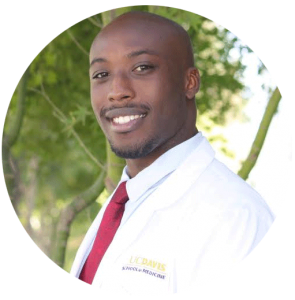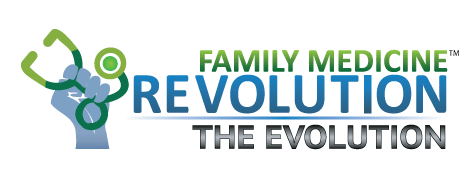In the summer of 2013 I was sitting in a small humid room in a coastal agricultural town in Ecuador, a young community health Peace Corps volunteer working on his personal statement to get into medical school. A few months later I received good news, acceptance to UC Davis, specifically the new accelerated medical school experience into primary care.
I had worked a year in Ecuador, and as I reflected back on the parts of the work that brought me the most joy, it was the long term relationships I had built and trying to promote healthy communities. Primary care embodied this.
The accelerated program scared the living daylights out of me – so much to learn in a shorter time. But after a sit-down with one of our associate deans of admission, who convinced me to be bold and stop doubting myself, I realized that this program would allow me to get out there working sooner, at less debt, and help me stay in the area that I wanted to serve. In 2014 I hit the gas pedal on this new accelerated program.
So here I am, along with five other classmates, halfway through a quick three years and then on to residency. The track is called ACE-PC, or Accelerated Competency-based Education in Primary Care.
This project started at UC Davis as part of a larger consortium of 11 programs funded by an American Medical Association (AMA) transforming medical education grant. UC Davis has partnered with Kaiser Permanente in this endeavor.
ACE-PC’s leadership answered the question, “How do we address the shortage of primary care providers?” One answer is, “Let’s get them trained faster and working sooner.” This also required a change to the law of how medical degrees are awarded in the State of California. Thanks to the support of the CMA, CAFP and the legislature, medical degrees are now granted based on students’ meeting national graduation competencies from the Licensing Committee of Medical Education rather than being based on the time it took to complete medical education.
So what has my experience looked like so far? Well, I had a primary care mentor from the beginning. During my first two years, I have been forgoing my summer breaks, both before starting medical school and in between MS1 and MS2 year. I also train with a doctor in his outpatient clinic throughout the school year a few half-days of the month. We also have some special grand rounds-style classes.
I can say I am still very happy with my decision to do this program. Because the program is here in my hometown, I asked my school leadership if a Kaiser clinic in my neighborhood of south Sacramento would be a future practice possibility. They found me a mentor who currently works at Kaiser, who treats people who shop at stores at which I used to shop, who went to high/elementary schools my friends and family went to, and who looks like me! Having a great doctor who also happens to be African-American as my mentor over my three years in medical school is simply amazing.
Entering 2016, my MS3 year will be a newly-created ten-month longitudinal experience with all the required third year rotations primarily within the Kaiser system. The fourth year, you ask? None of that, thank you, I’ll just be on my way in 2017! Time is saved by getting rid of the application/interview process. All of us admitted have conditional acceptances (we must pass all exams) to a few partner northern California residencies that are also dedicated to addressing the fundamental question, “How do we address the shortage of primary care providers?” For us, that answer is ACE-PC.

Ngabo Nzigira is a current MS2 at UC Davis, volunteers at the student run clinic Clinica Tepati, is co-Vice President of Student National Medical Association and is board member of the Latino Medical Student Association.
